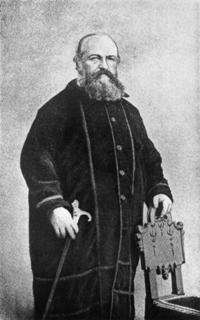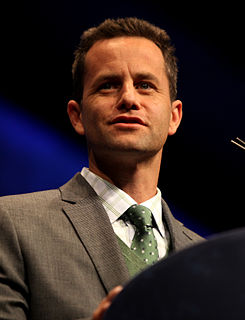A Quote by Jean-Paul Sartre
When one does nothing, one believes oneself responsible for everything.
Quote Topics
Related Quotes
It is not inertia alone that is responsible for human relationships repeating themselves from case to case, indescribably monotonous and unrenewed: it is shyness before any sort of new, unforeseeable experience with which one does not think oneself able to cope. But only someone who is ready for everything, who excludes nothing, not even the most enigmatical will live the relation to another as something alive.
Everything good is costly, and the development of personality is one of the most costly of all things. It is a matter of saying yes to oneself, of taking oneself as the most serious of tasks, of being conscious of everything one does, and keeping it constantly before one's eyes in all its dubious aspects.
That it does not matter what a man believes is a statement heard on every side today. ... What he believes tells him what the world is for. How can men who disagree about what the world is for agree about any of the minutiae of daily conduct? The statement really means that it does not matter what a man believes so long as he does not take his beliefs seriously.
Our character is composed of our ideas and our feelings: and, since it has been proved that we give ourselves neither feelings nor ideas, our character does not depend on us. If it did depend on us, there is nobody who would not be perfect. If one does not reflect, one thinks oneself master of everything; but when one does reflect, one realizes that one is master of nothing
Professor Hawking is heralded as 'the genius of Britain,' yet he believes in the scientific impossibility that nothing created everything and that life sprang from non-life. Why should anyone believe Mr. Hawking's writings if he cannot provide evidence for his unscientific belief that out of nothing, everything came?
In the world it is called Tolerance, but in hell it is called Despair...the sin that believes in nothing, cares for nothing, seeks to know nothing, interferes with nothing, enjoys nothing, hates nothing, finds purpose in nothing, lives for nothing, and remains alive because there is nothing for which it will die.
[M]an is condemned to be free. Condemned, because he did not create himself, in other respect is free; because, once thrown into the world, he is responsible for everything he does. The Existentialist does not believe in the power of passion. He will never agree that a sweeping passion is a ravaging torrent which fatally leads a man to certain acts and is therefore an excuse. He thinks that man is responsible for his passion.





































